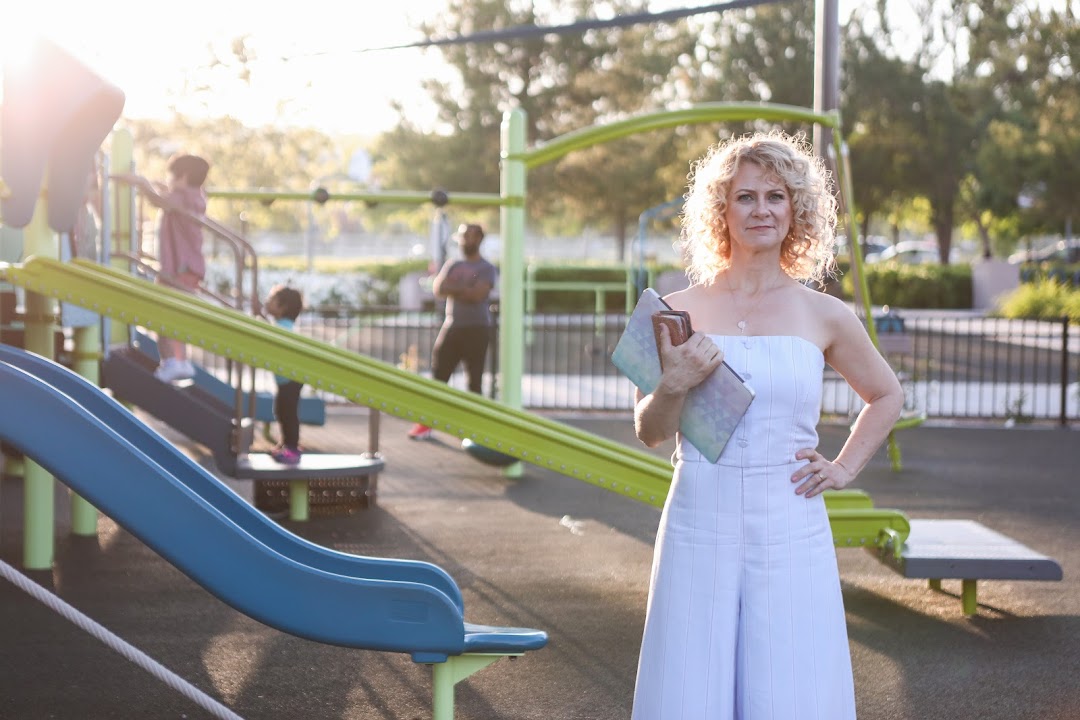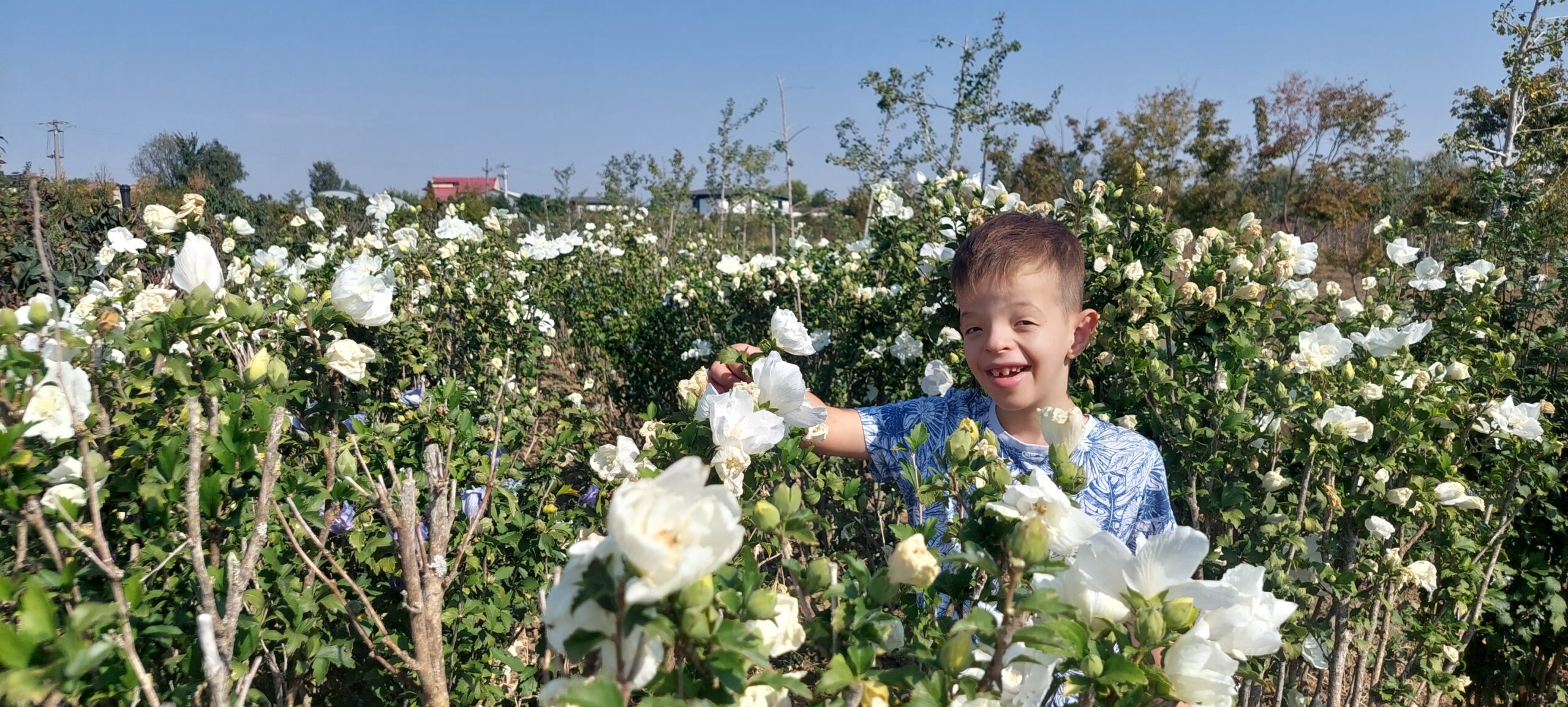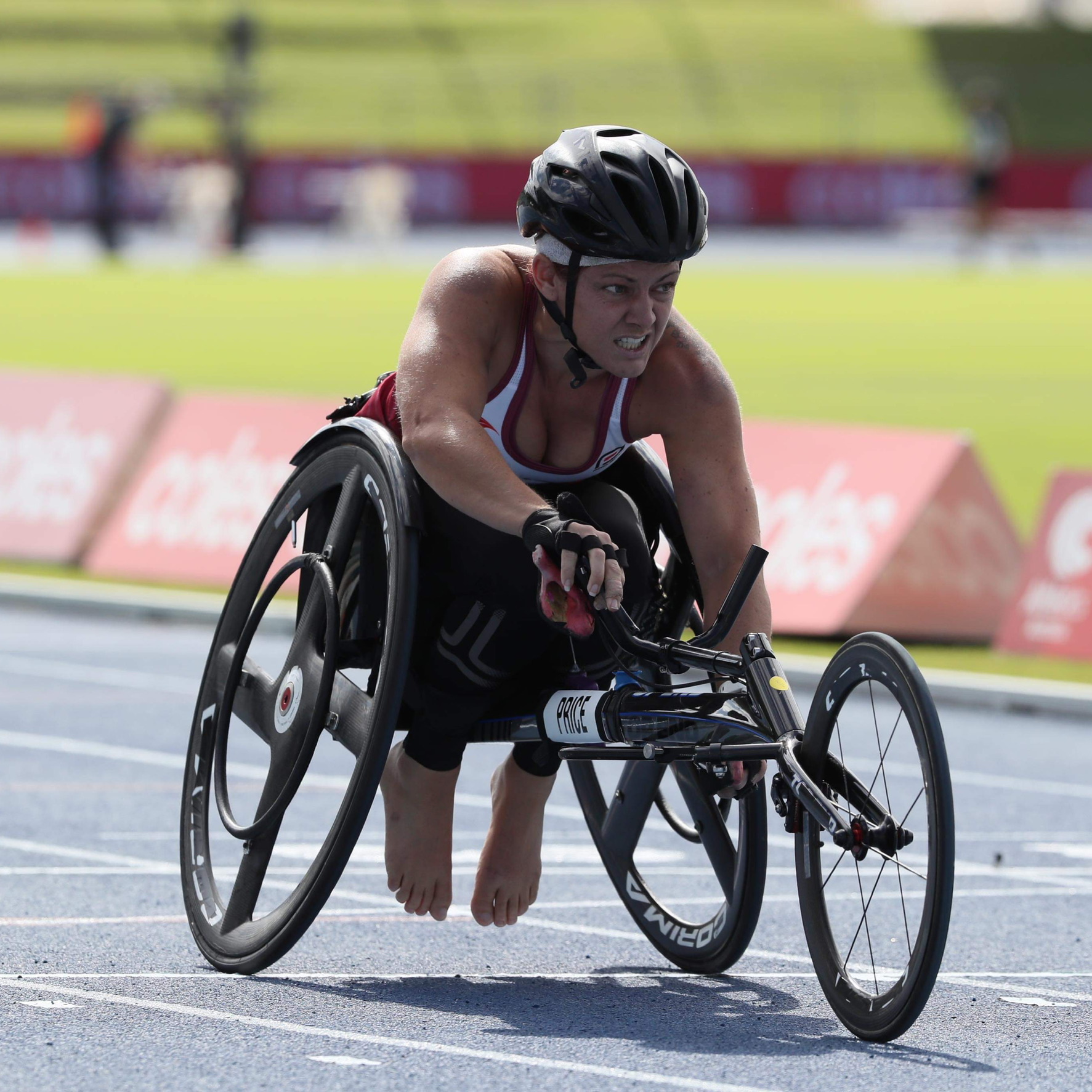When eating gluten-free isn’t a choice
Champion miniature golfer Richard Gottfried spent years feeling ill before he discovered that he had coeliac disease and gradually regained his health.
Believing he had a common digestive disorder called irritable bowel syndrome (IBS), Richard took IBS medication to ease his symptoms, which included bloating, vomiting, diarrhoea and severe lethargy. However, he was unaware of the real cause: gluten-containing foods. When he continued to feel ill, he thought he just had to put up with it. “When I look back, I can’t believe I lived so long eating what I did,” remembers Richard, who would often avoid food altogether because he didn’t want to be sick.
“I was so thin but bloated, so I looked like I’d been eating all day long. Often I would only have a bowl of corn flakes for breakfast, be violently ill, and then not eat anything else for the rest of the day,” he tells This Is MedTech. After several years Richard’s condition became progressively worse until he felt so ill that he went back to the doctor.
“I had a thorough check, including a blood test, an endoscopy and a sigmoidoscopy,” he says. This led to a diagnosis of coeliac disease as well as a wheat allergy. “I was referred to a gastroenterologist and a dietician, and that’s when I finally began to understand the impact and implications of my diagnosis.”
According to Coeliac UK, coeliac (pronounced see-liac) disease affects at least 1 in 100 people in the UK and Europe, but only 30% of people with the condition are currently clinically diagnosed. It’s a genetic autoimmune disease that’s triggered by eating gluten, a protein found in wheat, barley and rye. It’s not a food allergy or intolerance, or IBS. For people with coeliac disease, eating gluten damages the lining of the gut, which prevents normal digestion and absorption of food. Serious health problems can be associated with coeliac disease including osteoporosis, cancer of the small bowel and increased risk of other autoimmune diseases.
There is no cure for the condition and the only treatment is a strict gluten-free diet for life. “It can be a real drain both mentally and physically, but you have to stay as positive as possible,” comments Richard, who hasn’t wavered from his gluten-free regime in the decade since his diagnosis. “Once you’re on a gluten-free diet, it can take years for your body to recover. I’ve only just started putting on weight again in the past couple of years. Still, there’s always a risk that you’ll be ‘glutened’ which can set you back days or weeks.”
Richard says Coeliac UK and his local coeliac group were extremely helpful, especially in the beginning. “Back then, there weren’t really gluten-free options in supermarkets. The coeliac groups gave me tips on gluten-free food, cooking, storage, places to shop, etc. They also held dinners and other events, and I made some good friends. We still go out together.”
There are only a handful of 100% gluten-free restaurants in the UK, so one of Richard’s aims is to increase that number by talking about it on his blog. “We recently went out to a 100% gluten-free pub in Cambridgeshire, and it was so nice to be able to go out and feel normal.”
He also believes it’s important to raise awareness about coeliac disease by talking openly about it, as people can be embarrassed to discuss their symptoms. “You’ll never get well if you don’t go to the doctor,” he points out. “Diagnosis is the first step. Once you know what’s wrong, you can start tackling it.”






